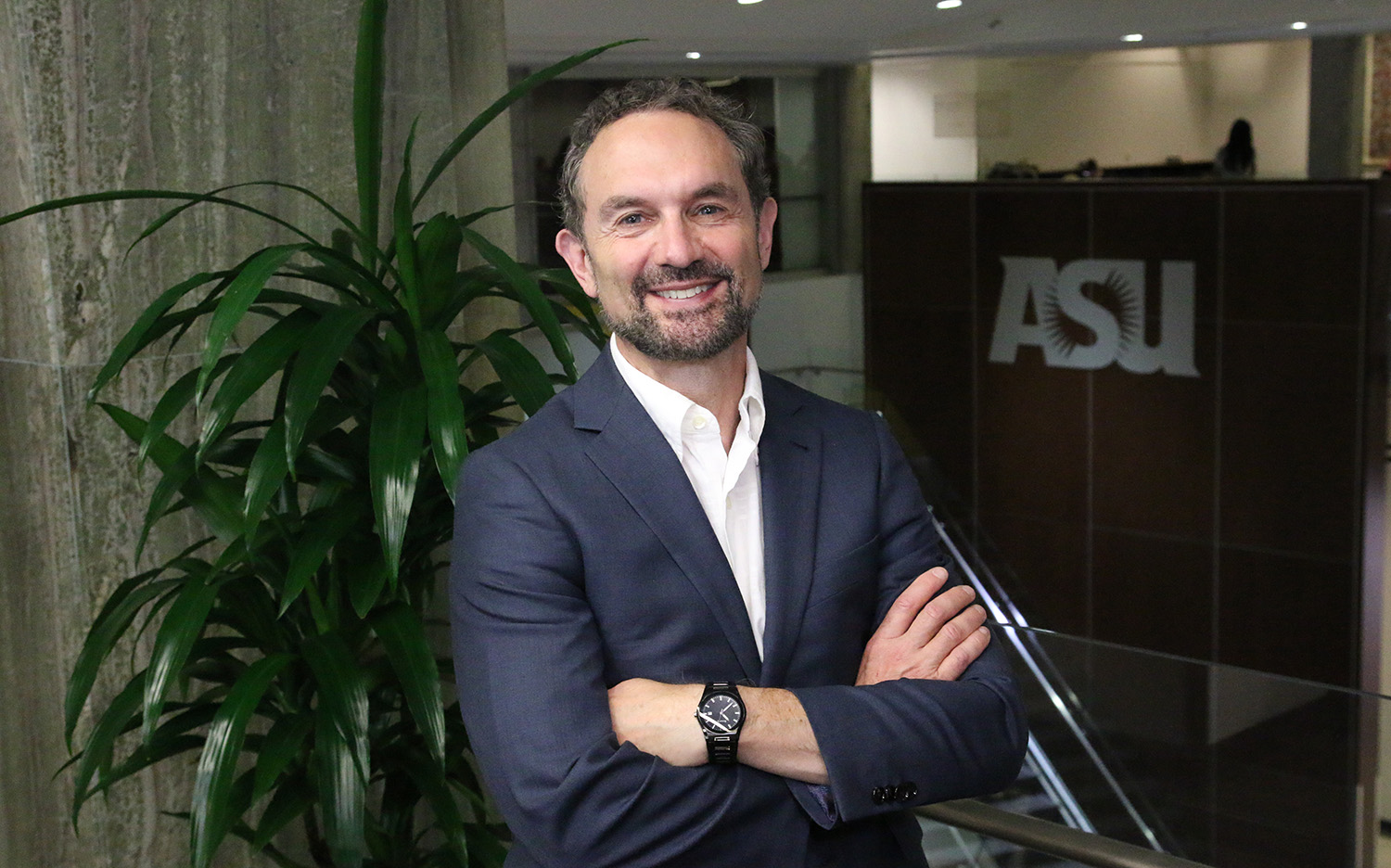Environment vs. economy: Outcomes can be win-win according to recent research
ASU professor's paper receives international recognition
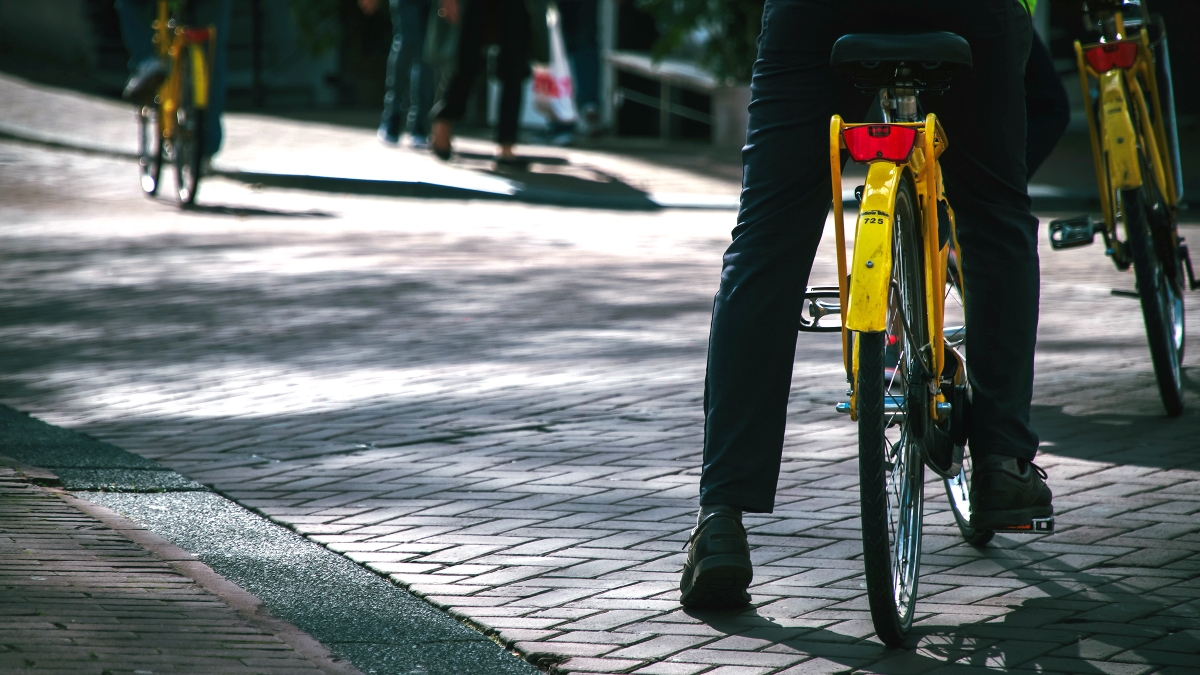
Photo by Yannis Papanastasopoulos on Unsplash
Climate change is an ever-present and ever-pressing issue that has the attention of national and world leaders. On Nov. 23, 2018, the United States federal climate report was released. Several days later, U.N. world leaders met in Poland for two weeks of climate change negotiations. Scientists and researchers remain committed to finding solutions to one of the world’s greatest challenges.
Among them is Mark Roseland, professor and director of the School of Community Resources and Development, a unit of Watts College of Public Service and Community Solutions at Arizona State University. Roseland’s research article with colleagues Robert Newell and Ann Dale, both professors in the School of Environment and Sustainability at Royal Roads University in Canada, was recently recognized with the International Award for Excellence by the International Journal of Climate Change: Impacts and Responses.
“This is a big deal because the award is from an international journal,” Roseland said. “Once a year, they select the best article from that year. So, to be honored by your peers like that is quite a substantial recognition.”
The article focuses on how climate action through integrated sustainability strategies can yield benefits for communities in more effective ways than through compartmentalized approaches.
One difficulty in addressing climate, noted Roseland, is tradeoffs — some real, some perceived. There is a pervasive notion that to take action in favor of the environment will cost more in another area, like the economy — two arenas often pitted against one another when discussing spending and allocation of resources.
The article, titled “Climate Action Co-benefits and Integrated Community Planning,” demonstrates that, at a community level, climate change adaptation can create co-benefits rather than tradeoffs, and that those benefits can generate a positive, self-perpetuating cycle.
Said Roseland, “That's the sweet spot. The old way of thinking is to pit energy efficiency, for example, against affordable housing, rather than recognizing that we have to address them both.”
With the new co-benefits way of thinking, Roseland offers, we can create win-win situations.
Mark Roseland
One example is increasing the proportion of people taking public transit. This creates a positive cycle of reducing the number of cars on the road, relieving congestion, improving air quality, reducing obesity and improving public health.
The benefits can seem obvious when laid out in this context, but Roseland notes, “The way we account for them makes them seem hidden, because the transportation budget doesn't benefit when the health care budget decreases.”
Roseland also said this is the reason his research team focused on the community level, where the co-benefits are easier to see.
“When you wake up in the morning, you're not in the Department of Housing,” he said. “You don't go have breakfast in the Department of Agriculture, commute to work in the Department of Transportation, and then start your work day in the Department of Labor.”
Roseland added, “Our lives are messy and complicated, and all of these things are integrated and synergistic. And that's what we mean by co-benefits — that if we can think holistically, we can start to frame interventions and choices that benefit multiple dimensions of our lives.”
More Health and medicine
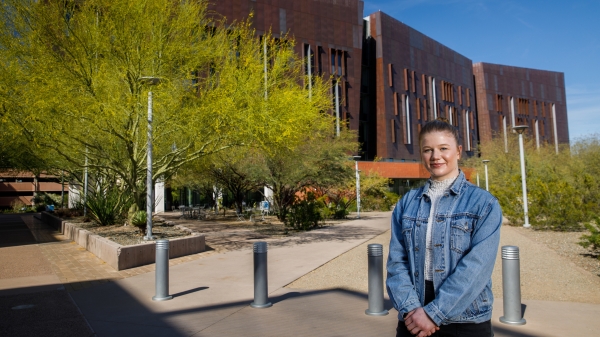
First exchange student for Biodesign Institute Europe bridges labs 5,000 miles apart
This spring semester, Grace Colley traveled to Arizona State University and became the first student to participate in the…
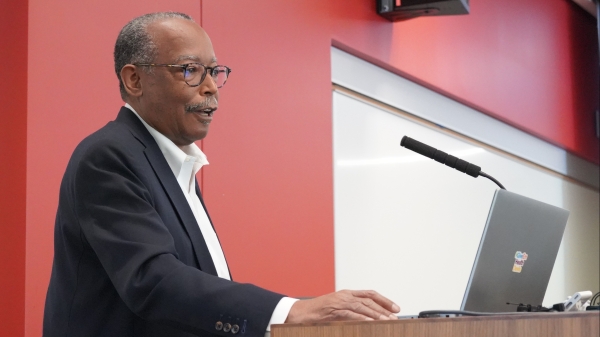
College of Health Solutions hosts visit from leading expert in genomic research
Some fortunate Arizona State University faculty, staff and students were able to gain valuable insights and perspective during a…
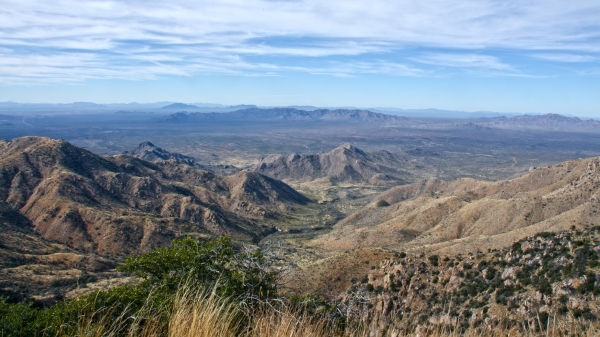
Indigenous ASU research team recommends assistance for tribal members still reeling from COVID-19’s effects
When Matt Ignacio’s tribe, the Tohono O’odham Nation, donated $1 million to Arizona State University to support COVID-19 research…
